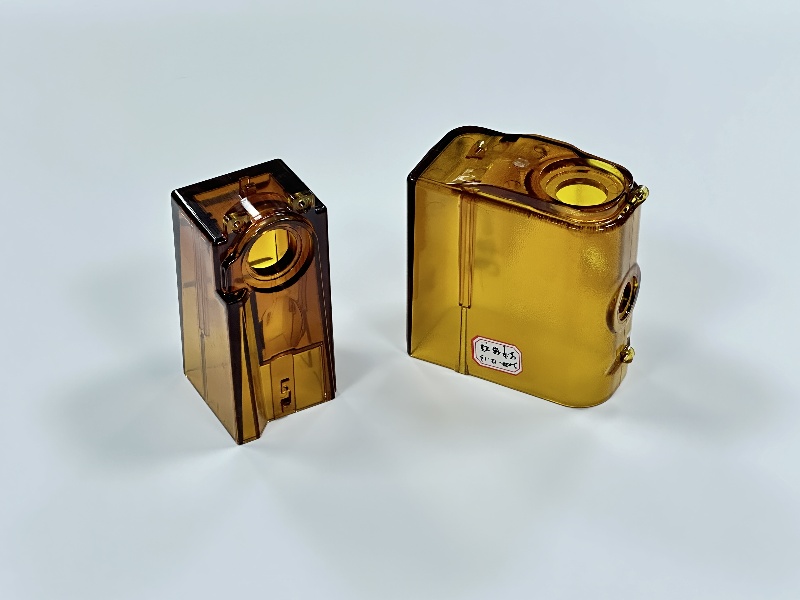
Background
With the development of science and technology, medical technology is also constantly improving. Medical equipment also needs to continuously improve product quality and functionality.
At present, common challenges in medical products mainly include the following aspects:
1. Safe Challenge: Ensuring that the enclosures meet the stringent regulatory requirements for medical devices, including standards for safety, biocompatibility, and sterilization.
2. Material Challenge: Choosing materials that are not only durable and lightweight but also compatible with the medical environment, resistant to chemicals, and capable of withstanding repeated sterilization processes.
3. Environmental Challenge: Developing enclosures that can withstand various environmental conditions, such as exposure to moisture, temperature variations, and physical impact.
4. Durability and Reliability Challenge: Ensuring that the enclosures can withstand the rigors of everyday use in a medical setting without compromising the integrity of the device or posing any risk to patients.
5. Manufacturing Processes Challenge: Identifying suitable manufacturing methods that can produce high-quality enclosures efficiently and consistently, considering factors such as volume production, scalability, and supply chain resilience.
Soultion
According to the customer's needs, we selected a special material called PEI for it. Its main advantages are as follows:
1. High Temperature Resistance: PEI can withstand continuous use at elevated temperatures, making it suitable for applications where heat resistance is critical, such as medical sterilization processes and electronic device enclosures.
2. Dimensional Stability: PEI exhibits minimal dimensional changes over a wide temperature range, providing stability and reliability in precision components and medical device casings.
3. Chemical Resistance: PEI is resistant to a wide range of chemicals, including common sterilization agents, making it suitable for medical devices that require frequent sterilization.
4. Transparency: PEI can be transparent, allowing for visual inspection of internal components or for applications where visibility is important.
5. Biocompatibility: PEI is inherently biocompatible and can be used in medical devices that come into contact with the body or bodily fluids, subject to appropriate regulatory compliance.
6. Electrical Properties: PEI offers excellent electrical insulation properties, making it suitable for electronic and electrical components within medical devices.
7. Mechanical Strength: PEI exhibits high tensile strength, stiffness, and impact resistance, providing durability and reliability in demanding medical device applications.
Process
This video will introduce to you how we process PEI materials. If you are interested, you can also contact us directly.Our professional sales team will provide you with the greatest help.
Post time: May-13-2024
